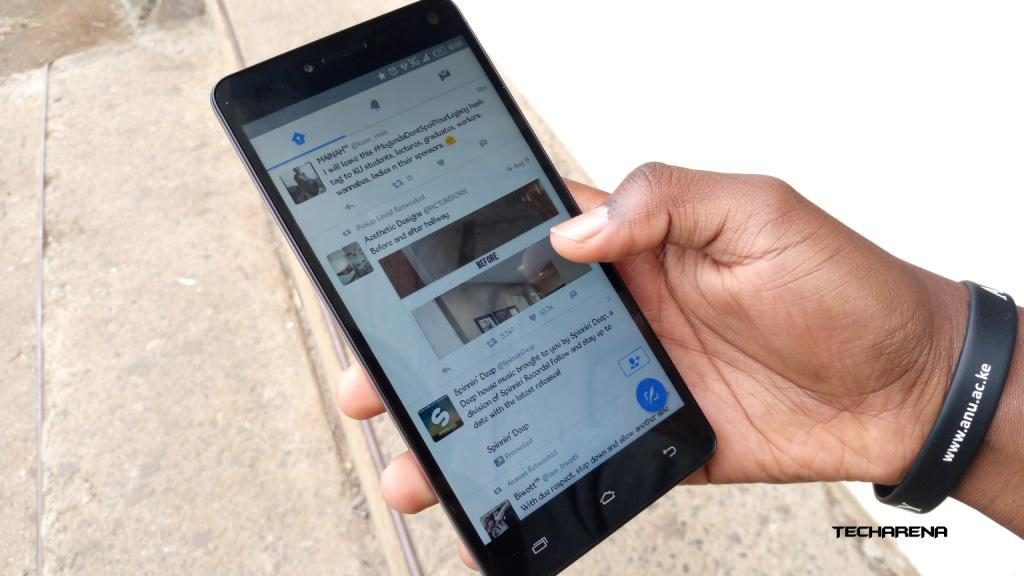It’s no secret that there are so many fake accounts on Twitter. This has been clear for years from bot accounts that are programmed to do certain tasks, to accounts that impersonate certain individuals to those that misrepresent themselves. This has been the case for years but was very clear last year during the US elections.
Ever since then, Twitter has been making some changes to clean its platform and get rid of some of the fake accounts but it hasn’t eliminated all of them. Twitter says that it is expanding the methods it uses to identify fake accounts. Some of these new methods the company is employing include scrutiny of accounts with stock or stolen avatar photos, copied profile biographies and intentionally misleading profile information.
Not so long ago, there was the Twitter purge that saw a number of accounts lose thousands of followers overnight. Twitter was clear that this move was necessary but most people were not convinced that it was enough. The company said that this was not a one-time affair and that it was an ongoing process. The company advised customers on ways not to be part of the purge by following these guidelines.
- Do not simultaneously post identical or substantially similar content to multiple accounts.
- Do not simultaneously perform actions such as Likes, Retweets, or follows from multiple accounts.
- The use of any form of automation to post identical or substantially similar content, or to perform actions such as Likes or Retweets, across many accounts that have authorized your app is not permitted.
- Users of TweetDeck will no longer be able to select multiple accounts through which to perform an action, such as Tweeting, Retweeting, liking, or following.
The company said that it has been improving its algorithms to identify spam and automated accounts.
Widespread Efforts
Twitter is not the only company that is fighting fake and spammy accounts. Facebook and YouTube have implemented some changes to achieve this. In Kenya, Facebook has announced a new partnership with Africa Check, an independent fact-checking organization and AFP, to launch its first Africa Fact-Checking programme in Kenya. According to Facebook, the programme will help assess the accuracy of news in the country and also help reduce the spread of misinformation, whilst improving the quality of news people find on its platform.
Also Read: Twitter Lite Is Finally Available To Users In Kenya

